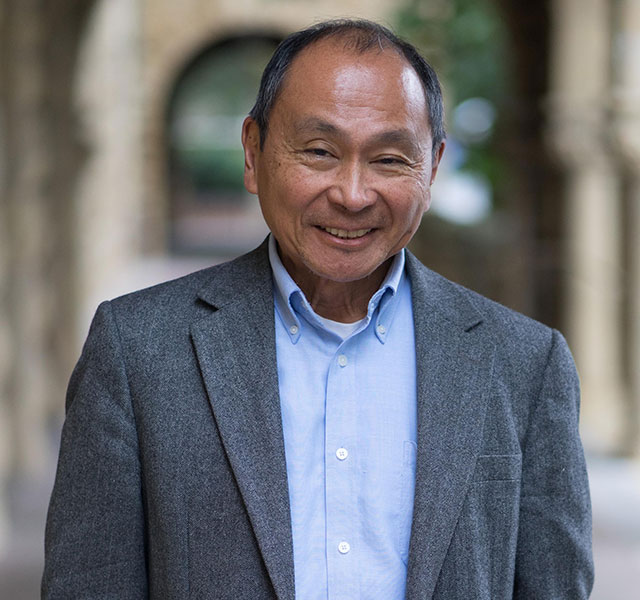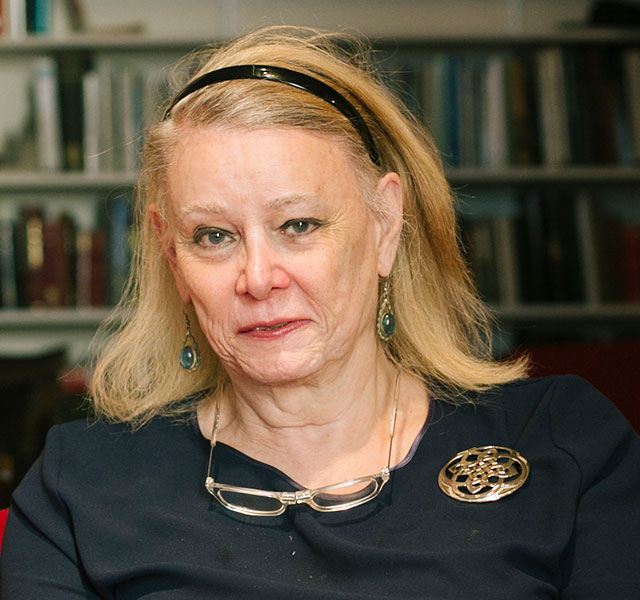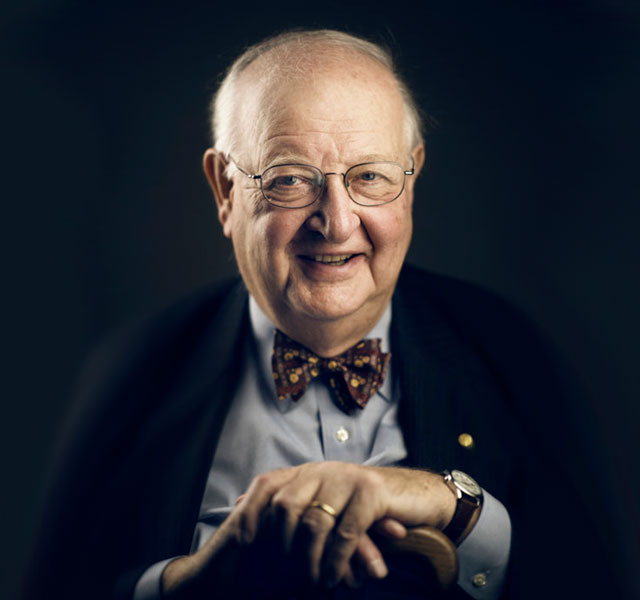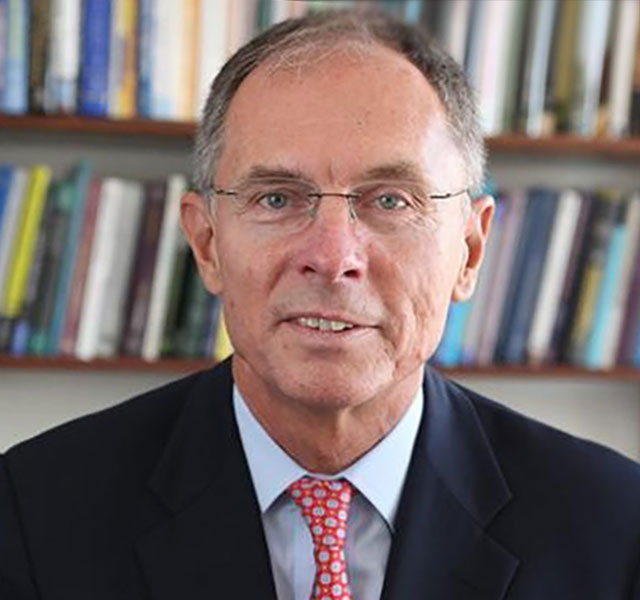Here's the story in the WSJ:
‘No Father Wants to Sell His Son’s Kidney.’ Afghans Pushed to Desperate Measures to Survive. Afghanistan’s deepening humanitarian crisis fuels booming organ trade By Sune Engel Rasmussen
"For those willing, an illegal but barely hidden business in the western city of Herat offers a reprieve from the downward spiral. Two hospitals in town offer kidney transplants that attract Afghans from across the country, performing 15-20 surgeries a month. Officials turn a blind eye. Buying and selling organs is illegal, as in most other countries. But scores of Afghans have come here to make the trade.
...
"Finding a seller of a kidney isn’t hard. Notes advertising private organ sales are plastered on walls and lampposts in Herat and other cities. Kidney brokers distribute business cards offering to put buyers in touch with sellers.
...
"Mr. Mohammad and his wife decided that unless they sold a child, they would have to sell an organ. Both of them were unsuited, as Mr. Mohammad had kidney stones and his wife had diabetes. Their oldest son made up to three dollars a day collecting plastic for recycling, so was spared. The choice fell on Khalil Ahmad, their second son.
...
"Ghulam Hossein came to Herat from the eastern Nangarhar province after a doctor told him his kidneys were failing. It took him 25 days to find a seller.
“I have no words to thank this man,” Mr. Hossein said about the donor, who needed money after being forced to sell his small grocery store, and who visited Mr. Hossein after the operation.
“I know he was poor but it takes huge courage and sacrifice to sell your kidney,” Mr. Hossein said. “I am more concerned now about his health than my own.”
*********
Here's an earlier story from the Guardian:
I’ve already sold my daughters; now, my kidney’: winter in Afghanistan’s slums. Crushing poverty is forcing starving displaced people to make desperate choices by M Mursal and Zahra Nader, 23 Jan 2022
“I was forced to sell two of my daughters, an eight-by and six-year-old,” she says. Rahmati says she sold her daughters a few months ago for 100,000 afghani each (roughly £700), to families she doesn’t know. Her daughters will stay with her until they reach puberty and then be handed over to strangers.
"It is not uncommon in Afghanistan to arrange the sale of a daughter into a future marriage but raise her at home until it is time for her to leave. However, as the country’s economic crisis deepens, families are reporting that they are handing children over at an increasingly young age because they cannot afford to feed them.
"Yet, selling her daughters’ future was not the only agonising decision Rahmati was forced to make. “Because of debt and hunger I was forced to sell my kidney,” she tells Rukhshana Media from outside her home in the Herat slum."
********
And from the BMJ:
Afghans driven to sell kidneys on black market in the face of extreme poverty BMJ 2022; 376 doi: https://doi.org/10.1136/bmj.o587 (Published 04 March 2022) by Gareth Iacobucci
"People in Afghanistan are resorting to selling their kidneys on the black market to feed their families as the country faces extreme poverty.
"The United Nations estimates that 24 million people in Afghanistan—more than half of the population—are in need of lifesaving humanitarian aid. This is 30% higher than in 2021 when the Taliban seized control of the country.
"Illegal organ trading already existed in Afghanistan before the Taliban’s takeover, but a combination of economic sanctions, severe drought, and covid-19 have led to the black market surging as many more people experience extreme poverty.
"A lot of the trade is focused in the western city of Herat, close to the border with Iran."














